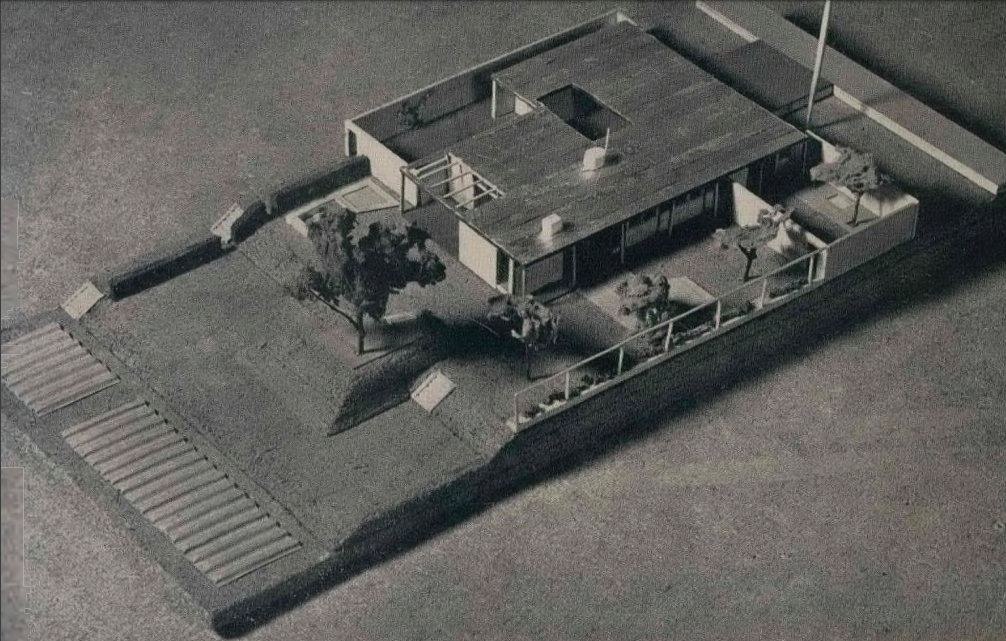Join us for another seminar in our series co-supported by the Institute of Historical Research and organised in collaboration with the Oxford Architectural History Seminar. For more information on the series click here. Hannah Le Roux and Rixt Woudstra discuss Betty Spence's practical instruction guide for black township inhabitants in Apartheid South Africa
In 1952, at the start of spatial apartheid, the white South African architect Betty Spence (1919-84) wrote Build Your Own House, a practical instruction guide intended for black township inhabitants who could not wait for the delivery of housing by the state. Consisting of a series of simple, yet technically informative black-and-white drawings to support the self-construction of incremental houses, the guide was one of several projects undertaken by Spence during the 1940s and ‘50s that share a concern for people’s own ability to build and the possibilities to improve their living situation. This paper examines several of Spence’s written works, including Build Your Own House and her articles for the South African Architectural Record, as well as her design for the family’s own home in Johannesburg’s suburbs (1953-). We argue that her concern with the process of building in the townships should be considered as a form of political action grounded in empathy and concerned with spatial flexibility and incremental growth. Unlike her better-known political peers like the architect Rusty Bernstein who split his time between political work for the the anti-apartheid movement and a commercial architecture practice, Spence worked on materialising alternative housing options for the disenfranchised township inhabitants. Nonetheless, in 1958, Spence, who became politically active towards the end of the 1950s, was forced to leave South Africa and settled in Britain with her family.
Hannah le Roux is an architect, educator and theorist. Her work in all these areas revisits the modernist project in architecture in Africa, and considers how its transformation through the agency of Africa presents a conceptual model for contemporary design. From a Southern African perspective she considers how apartheid and colonial constructions erase and are overlain by other human actions. In 2017 she was selected as a Canadian Centre for Architecture / Mellon research fellow on Architecture and the Environments, and as a Fulbright Principal Candidate for an African Research Scholarship. From 2019 to 2020 she is also engaged as the Area Editor for Africa for the Bloomsbury Global Encyclopaedia of Women in Architecture, 1960-2015. She is an Associate Professor at the University of the Witwatersrand in South Africa.
Rixt Woudstra is an architectural historian, focused on the intersections between modern architecture and planning, British imperialism and anti-colonial protest. She recently completed her PhD at MIT, titled ‘Planning the ‘Multiracial City': Architecture, Decolonisation, and the Design of Stability in British Africa (1945-1957)’. She is the recipient of fellowships from the American Council of Learned Societies, Center for European Studies at Harvard University, and the Paul Mellon Centre for Studies in British Art. She is currently a Lecturer in Architectural History at the New College of the Humanities in London..
For the foreseeable future the SAHGB Seminars will be virtual events via Zoom. We will circulate joining instructions via email the morning of the scheduled event. Please complete the form below to register.
Support the SAHGB
Please consider making a donation to support our virtual programme and educational mission:


